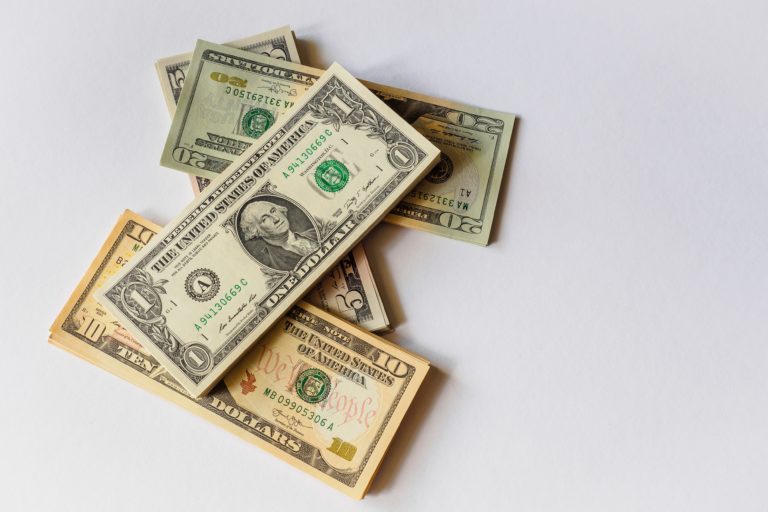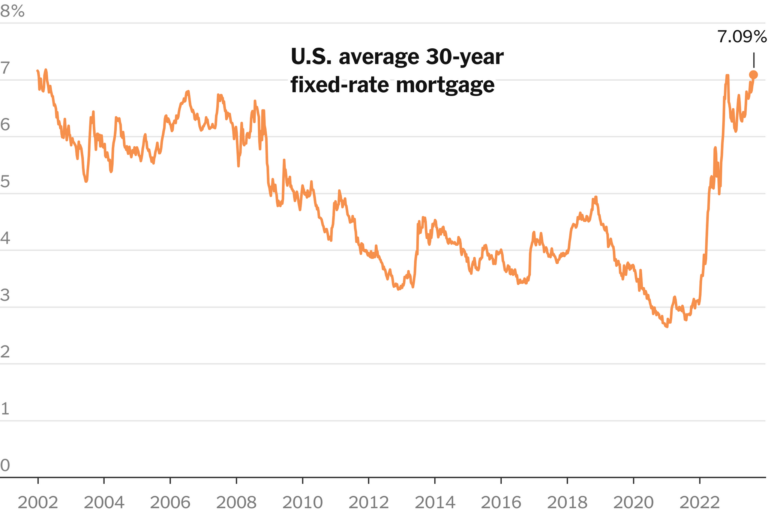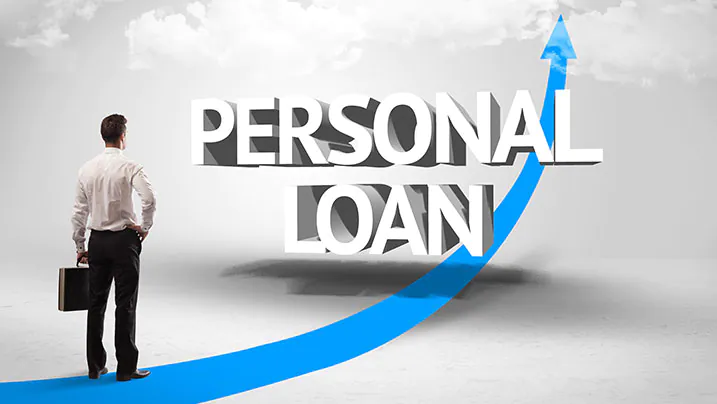Using Your Emergency Fund to Pay Off Debt
As your debt rises, you might be tempted to withdraw cash from your emergency fund to pay off outstanding balances. These savings are an important cash cushion protecting you from the unknown, so wiping them out could make you borrow even more.
Right now, your debt might be the biggest it’s ever been. A new TransUnion report shows that credit card and unsecured personal loan debt have soared in the past year, growing by 18.5% and 32%, respectively.
These balances cost you interest while tying up your budget, so it makes sense to pay them off as fast as possible — don’t tap your emergency fund to speed up your debt payments.
Why is Your Emergency Fund Off Limits?
Your emergency fund is a prudent reserve of cash that provides backup to your budget when unexpected bills, repairs, and big purchases cost too much.
After all, an unexpected expense puts enormous pressure on your monthly paycheck. You might not have enough to cover a household repair after you’ve paid your usual bills.
If you can’t delay calling a plumber or patching your roof, you can immediately use your emergency fund to get on these repairs.
A leaking roof is only one example of an emergency. With life the way it is, you could run up against any number of unexpected expenses at the same time. That’s why most people aim to save three to six months of living expenses in this account. It’s enough to help you when multiple things go wrong at once.
What Happens if You Don’t Have Emergency Savings?
Living without an emergency fund isn’t advisable, even if you use these savings to do something responsible, like eliminate debt. The reason? Think about what happens when your savings account is at $0.
What if you need to call an HVAC technician to look at your air conditioner before saving your first $100? Depending on the situation, you may consider borrowing an online loan to help.
Online loans are available with quick, convenient applications. If you have Internet, you can fill out this app and see if you qualify. This flexibility can help if you usually work during banking hours, as you won’t have to take time out of your day to apply. Instead, you can use at any time.
Of course, borrowing money will add to your debt, plus increase the rates and fees you’ll pay. A financial institution like MoneyKey posts the cost of borrowing online loans clearly on its website. You should compare this cost to other online options to see if it’s something you can afford.
Borrowing in an emergency is unavoidable sometimes, but this example only highlights the need for your savings. Why go to all the trouble to eliminate debt if only to borrow more money in an emergency?
What Should You Use Your Emergency Fund On?
An emergency fund is there to help you out of financial jams. On the surface, debt might feel like one of those dire situations that warrant using up your savings. But it doesn’t pass the emergency fund test.
Here are three conditions your emergency fund must meet before you withdraw from this account.
Unpredictable Expenses
An emergency fund follows many of the same rules as an online loan. It would be best if you didn’t rely on it for anything you can reasonably expect in your budget. It’s not meant to cover ongoing expenses, like regular car maintenance or utility bills. This also applies to one-off, predictable expenses like income tax, holiday gifts, and annual memberships.
You should update your budget to reflect these regular and irregular expenses so you know to reserve some cash for them.
Urgent Expenses You Can’t Delay
Sometimes, you won’t expect a repair, but it may not be worthy of your emergency fund or an online loan. You might not be keen on tapping into savings on something non-urgent, considering how hard it is to rebuild your emergency fund once you drain it.
Procrastinate if you can reasonably put off a repair or expense without endangering your health, home, or finances. You can handle a few more paychecks without draining your savings by waiting for a few more paychecks.
Unavoidable Expenses You Can’t Live Without
Another condition of your emergency fund is a necessity. Try to put your unexpected expense into the context of how important it is to make this purchase or repair. This reflection might expose an unnecessary expense masking as something urgent.
Take, for example, your dental health. You might want to book an appointment about that nagging toothache, even if you need to drain your emergency fund and take out a loan online. This visit might be worth it with your general health on the line. On the other hand, booking a teeth whitening appointment is a luxury that you can easily (and safely) live without.
The Takeaway:
Your debt isn’t unexpected; it’s a regular bill with scheduled due dates. And as long as you’re covering your minimum payments, you can delay extra costs until you figure out your budget.
As a result, debt fails the emergency fund test. It would be best if you kept shielding your savings, so you might handle the unexpected when it comes.








